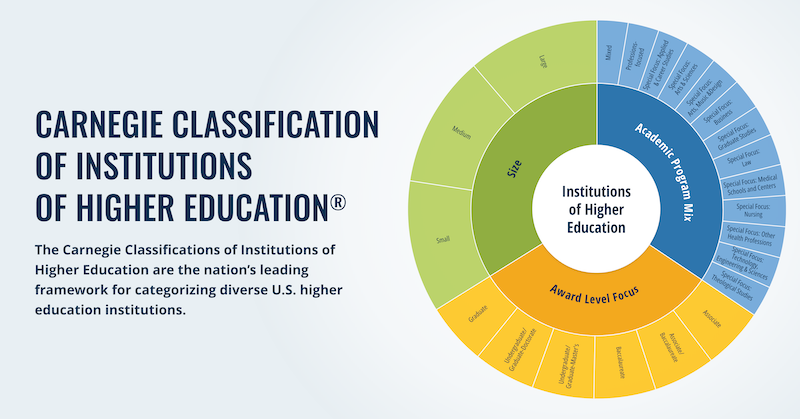
What Is the Carnegie Unit?
For decades, we’ve known that a time-based system of education is at odds with our educational aspirations. As a result, there has been no shortages of efforts to shift toward competency- and mastery-based frameworks that could erode the impact of seat time.
–Timothy Knowles (President, Carnegie Foundation)
THE CARNEGIE UNIT
The Carnegie Unit has been the main currency in education since its introduction in 1906. From K-12 through graduate school, it shapes institutions, determines which courses are offered, and influences who gets financial aid.
From High School to Higher Education: The Carnegie Unit as the Credit Hour
Since its inception in 1906, the Carnegie Unit, also known as the “credit hour” in higher education, has been the foundational measure in education, quantifying student engagement in terms of time spent learning a subject.
- In high school, one Carnegie Unit typically represents 120 hours of study, with classes meeting four to five times a week for 40 to 60 minutes over a school year.
- In college, this system translates into credit hours, where a typical three-credit course requires three hours of class time per week over a 15-week semester, with a bachelor’s degree requiring approximately 120 credit hours to complete.
However, the reliance on “seat time” as a primary indicator of learning outcomes is becoming increasingly inadequate for the 21st-century economy. The skills, knowledge, and dispositions required today cannot be fully captured by mere time spent at a desk or engaged with a digital platform.
In response, the Carnegie Foundation and partners are advocating for a paradigm shift. Through the Skills for the Future Initiative, we propose a new educational currency based on meaningful skills and competencies, assessed and communicated throughout a learner’s educational journey, fundamentally rethinking teaching and learning.


Decades apart yet strikingly similar, these transcripts from 1931 and 2020 reveal a century of unchanged format in measuring student success.
Featured Resources
JOIN US
Want to stay connected to our community? Subscribe to our newsletter!
Each month we will share news of Carnegie Foundation’s core work and highlight opportunities for collaboration and connection. As an operating foundation, the Carnegie Foundation does not award grants or scholarships.











